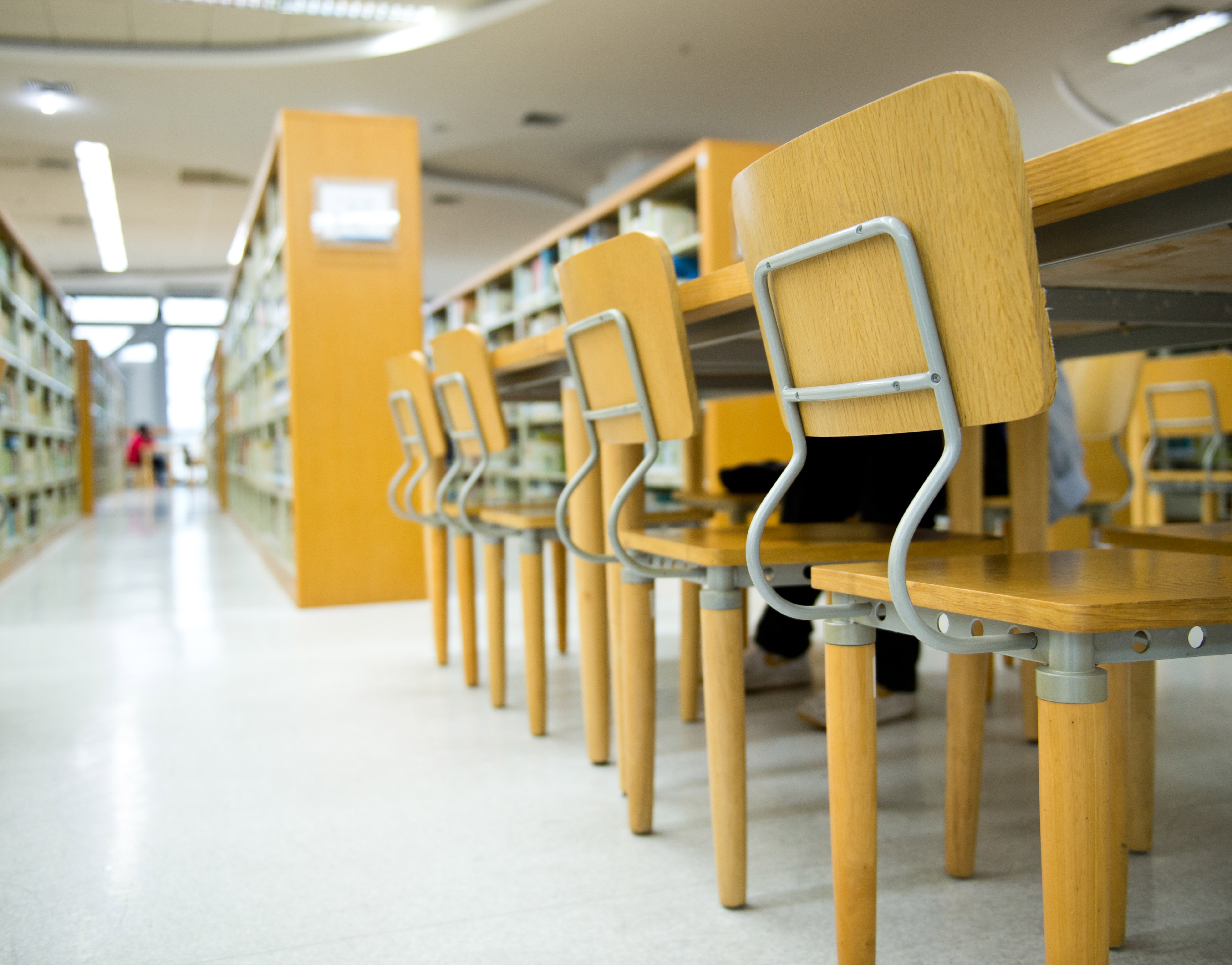School Classroom Cleaning Checklist
As a teacher or facilities manager, you do your best to create a healthy, friendly learning environment for your students. Part of your unwritten responsibilities includes keeping classrooms clean to reduce the risk of germs and bacteria from spreading, especially during flu season.
According to the Centers for Disease Control and Prevention (CDC), there are some things you can do to prevent the spread of illnesses in your classroom. We've put together a classroom cleaning checklist based on their tips to help you keep your space tidy, organized, and healthy for your students.
Tips for an Everyday Clean Classroom
While it can seem like the work of keeping a classroom fully cleaned and disinfected is never finished, there are some quick and simple tasks you can do throughout the day to reduce the spread of germs.
Some preventative measures you can take every day to limit your and your kids' exposure to germs include the following:
- Wipe down high-touch surfaces with a combination of cleaner and disinfectant regularly. Some areas may include desks, doorknobs, community school supplies, and more.
- Keep hand sanitizer, tissues, and cleaning wipes handy for you and your students to use throughout the day.
- Utilize no-touch trash cans in your classroom to minimize exposure to bacteria and germs.
- Encourage your students to wash their hands.
- If you feel sick, stay home.
- If a student looks or feels sick, encourage them to see the school nurse and stay home until all contagious germs are gone.
Weekly Classroom Cleaning Checklist
Several areas in a classroom can become breeding grounds for germs. Books, desks, whiteboards, shared supplies, and even toys can become infected within seconds.
To help keep germs to a minimum, use this classroom cleaning checklist in your room at least weekly:
- Disinfect high-touch areas. Desks, chairs, door handles, and play areas should be cleaned first.
- Use cleaning wipes for electronics. Computer keyboards, phones, and items like iPads used in classrooms require regular cleaning to minimize germs.
- Clean the floors. Carpets and hard surfaces like linoleum are magnets for germs, especially in high-traffic areas like rooms, gymnasiums, and cafeterias. Find out if your janitorial crew already does this step during their regular cleaning regimen.
- Dispose of waste in a timely manner. Cloths or towels used for cleaning should be washed or disposed of immediately. Avoid touching used tissues or other waste that can transfer germs onto your skin when emptying trash cans. Wash your hands immediately after disposing of waste to avoid the spread of pathogens.
USE A PROFESSIONAL CLEANING SERVICE
By tackling small tasks daily and bigger tasks weekly, you can keep your classroom clean and tidy throughout the school year. If your school needs help tackling classrooms, cafeterias, gymnasiums, and other populated areas of your school, call on the experts to get the job done right. Even if you need assistance with construction clean-up, our experts are ready to provide quick and thorough services.
Our janitorial services for education can help protect the health of your students and staff by cleaning and disinfecting every space in your school. With over 60 years of experience in the industry, ServiceMaster Clean has an unwavering commitment to the highest quality of clean.



